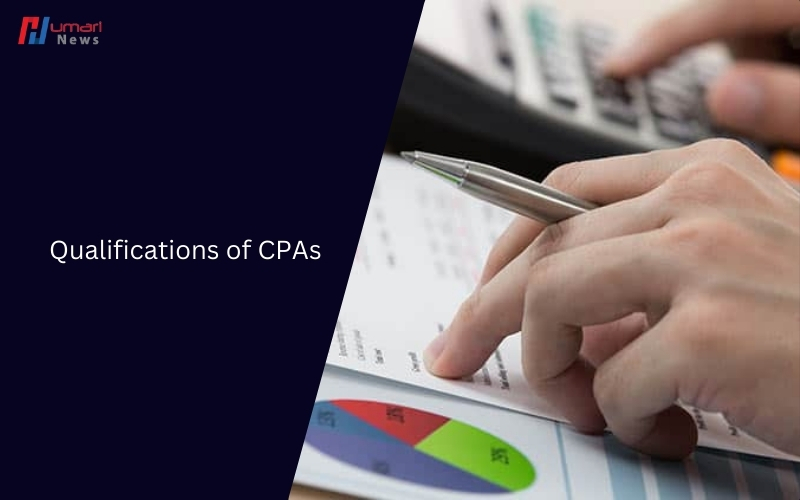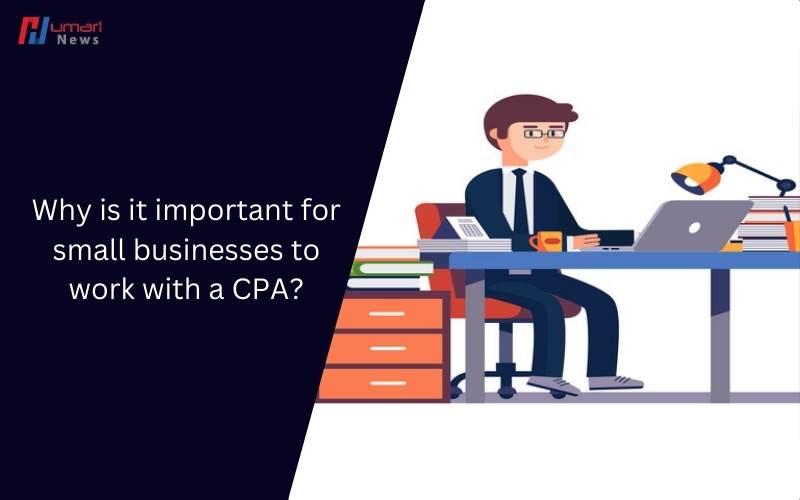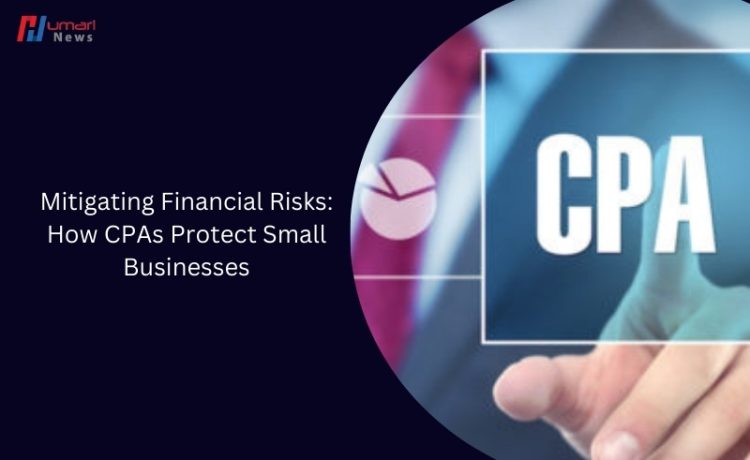Certified public accountants (CPAs) play a crucial role in mitigating financial risks for small businesses. Unlike regular accountants, CPAs are highly qualified professionals who have gone through rigorous training and examinations to attain their certification.
In this article, we will explore how CPAs can help safeguard small businesses from various financial risks and provide valuable insights and guidance to ensure their financial well-being.
Qualifications of CPAs

CPAs are more than just accountants; they are financial experts who have completed a bachelor’s degree and passed a regulatory exam like the U.S. Uniform CPA Exam. Additionally, CPAs have acquired practical work experience, making them highly knowledgeable and skilled in financial matters.
Their qualifications come at a premium, reflecting their extensive education and expertise. The salaries of CPAs can range from five to six figures, depending on their experience and seniority. Small businesses can benefit greatly from the services of a CPA, whether it be for tax preparation, financial planning, or growth forecasting.
Internal Control
One of the critical functions of a CPA is to improve internal control within a business. Lack of proper internal control can lead to severe consequences, such as accounting fraud and misappropriation of funds.
CPAs can review receipts, evaluate inventory procedures, and educate employees on the importance of proper accounting practices. By enhancing internal control, CPAs help prevent fraud and corruption within the organization, ensuring its financial stability and integrity.
Tax Compliance
Tax compliance is another area where CPAs excel in assisting small businesses. With the complex federal tax code, business owners often struggle to fulfill their tax obligations accurately and timely.
CPAs are well-versed in tax policies and can provide tax planning and preparation services to ensure compliance with tax laws. They can also represent businesses before the IRS and handle tax disputes on their behalf, relieving business owners of the stress and complexity of dealing with tax authorities.
Financial Audit
In the event of a financial audit by the IRS, having a CPA on your side can be invaluable. CPAs can help businesses prepare for an audit, represent them before the IRS, and provide certified financial statements to support their case.
By hiring a CPA, businesses can navigate through the audit process smoothly and effectively, ensuring compliance with tax regulations and minimizing potential penalties.
Business Consultation
Startup owners can benefit greatly from consulting with a CPA before launching their businesses. CPAs can evaluate the profitability of a business idea, assist in budget planning, and provide valuable insights on financial management.
By seeking advice from a CPA, entrepreneurs can make informed decisions and set their ventures up for success from the start.
FAQs:
1. What are the common financial risks small businesses face?
Small businesses are vulnerable to a variety of financial risks, including cash flow shortages, poor budgeting, accounting errors, and fraud. Without proper financial management, these risks can quickly escalate and lead to serious financial consequences for the business.
2. How can CPAs help small businesses mitigate financial risks?
CPAs offer a range of services that help small businesses mitigate financial risks, such as financial statement analysis, internal control assessments, tax planning, and compliance. By leveraging their expertise, CPAs can provide valuable insights and solutions to help small businesses avoid financial pitfalls.
3. Why is it important for small businesses to work with a CPA?

Working with a CPA is essential for small businesses to ensure financial stability and compliance with tax laws and regulations. CPAs can help small businesses identify and address financial risks, optimize financial processes, and make informed decisions that drive growth and profitability.
4. How can small businesses find the right CPA for their needs?
Small businesses can find the right CPA by conducting thorough research, asking for recommendations from other business owners, and meeting with potential candidates to assess their qualifications and expertise. It’s important to choose a CPA who understands the unique financial challenges facing small businesses and has a track record of delivering results.
Conclusion:
In conclusion, CPAs play a vital role in mitigating financial risks for small businesses. Their extensive education, expertise, and experience enable them to provide valuable financial advice and services to ensure the financial well-being of businesses. By engaging the services of a CPA, small businesses can navigate through complex financial matters, comply with tax regulations, and safeguard their financial future. If you ever plan to hire a CPA, remember that they are more than just accountants; they are trusted advisors who can help your business thrive.







